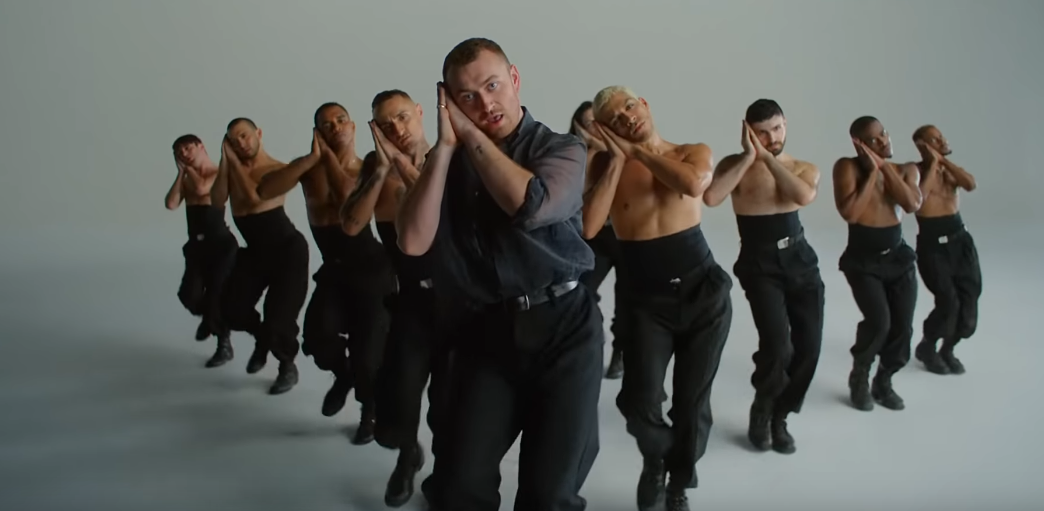Summary (TL;DR)
Intersectional discrimination is where aspects of a person’s identity (ethnicity, gender, etc.) can overlap to create unique challenges. I’ve experienced this kind of discrimination in the past as a woman of color in the gaming industry. Building resilience through supportive communities and self-care is key, while responding might involve speaking up or reporting incidents. Ultimately, empowerment comes through education, advocacy, and working with others to create a future where everyone has the opportunity to thrive, regardless of their background.
I used to run a popular gaming website. My race and gender weren’t apparent in my writing style, just like they haven’t been here until recently.
“You won’t achieve anything…”
At a gaming conference, I had arranged to meet and interview some people in advance. They were all men, which reflected the lack of female gamers at the time.
The discussions about race and gender went well with everyone, except for one man. He was surprised to learn I was a woman of color. He then made discouraging remarks, suggesting that being female would make it difficult for me to achieve success. But being “Black” and a woman in the gaming industry? Forget it.
His refusal to be interviewed left me frustrated— particularly since he was THE person I wanted to speak with. Being a high-profile developer, he pointed out that I was lucky to have secured the interview in the first place. This put me in an awkward position, as I had already announced that I would be interviewing him.
I devised a plan, implemented it, and then my site exploded in popularity. Soon after, he needed my help — the tables had turned. He had to eat crow, and I got the satisfaction of telling exactly what I thought of him.
Doing things on my terms, without jeopardizing all that I’d worked for, reflects my commitment to principle. I’m not one to act recklessly or let my emotions override my critical thinking.
Intersectional Discrimination: A Complex Reality
My experience highlights the concept of intersectional discrimination, where various aspects of one’s identity — in my case, gender, and ethnicity — combine to create unique challenges.
Once my identity became known, I encountered skepticism of my abilities based on assumptions rooted in stereotypes. While attending the gaming conference, I wasn’t just facing potential bias for being a woman — there was an added layer of discrimination due to my ethnicity. The developer’s comments about facing difficulties as a woman in the industry were discouraging, but his dismissal upon learning I was a “Black” woman underscored a deeper prejudice.
Beyond Individual Biases
This framework doesn’t just recognize individual instances of bias. It reflects how historical and ongoing social structures can create uneven playing fields.
The lack of female gamers at the conference points to a systemic issue within the gaming industry. This, and the broader societal biases against women and minorities in leadership roles, likely contributed to the developer’s initial dismissal of my potential.
How to Cope with Intersectional Discrimination
Building Resilience:
- Find Your Community: Surround yourself with supportive people who understand your experiences. This could be an online forum, a local meet-up group, or friends and colleagues who share similar identities. Sharing your experiences and strategies with others can be validating and empowering.
- Focus on Your Strengths: Intersectional discrimination can be draining. Nurture your passions and celebrate your accomplishments. This will help maintain your confidence and sense of self-worth.
- Celebrate Your Identity: Embrace and find strength in your unique background. Acknowledge the challenges but also recognize the resilience and power it takes to navigate them.
- Practice Self-Care: Prioritize your mental and emotional well-being. This could include activities like meditation, spending time in nature, or pursuing hobbies you enjoy.
Responding to Discrimination:
- Speak Up (When It’s Safe): If you feel comfortable, you can call out discriminatory behavior in a professional and assertive way. However, if the situation feels unsafe, document the incident and report it to the appropriate authorities.
- Educate Yourself and Others: Learn more about intersectionality and how it manifests in your field. Share your knowledge with others to raise awareness and create a more inclusive environment.
- Document Everything: Keep a record of discriminatory incidents, including dates, times, witnesses, and what happened. This can be helpful if you need to take legal action.
- Advocate for Change: Consider getting involved in organizations working to promote diversity and inclusion in your industry. You can also mentor others who face similar challenges. By working towards systemic change, you can help create a more equitable environment for everyone.
Remember that not every situation requires confrontation. Decide whether it’s worth addressing the issue directly, and when it’s best to walk away and focus on your goals.
Final Thoughts
By understanding intersectionality, we can learn how to navigate these challenges and work towards dismantling the systems that perpetuate them. I hope my story will inspire others to persevere and to keep following your passion.
Building inclusive environments and advocating for change paves the way for a future where success is determined by talent and hard work, not by the intersection of one’s identities.






